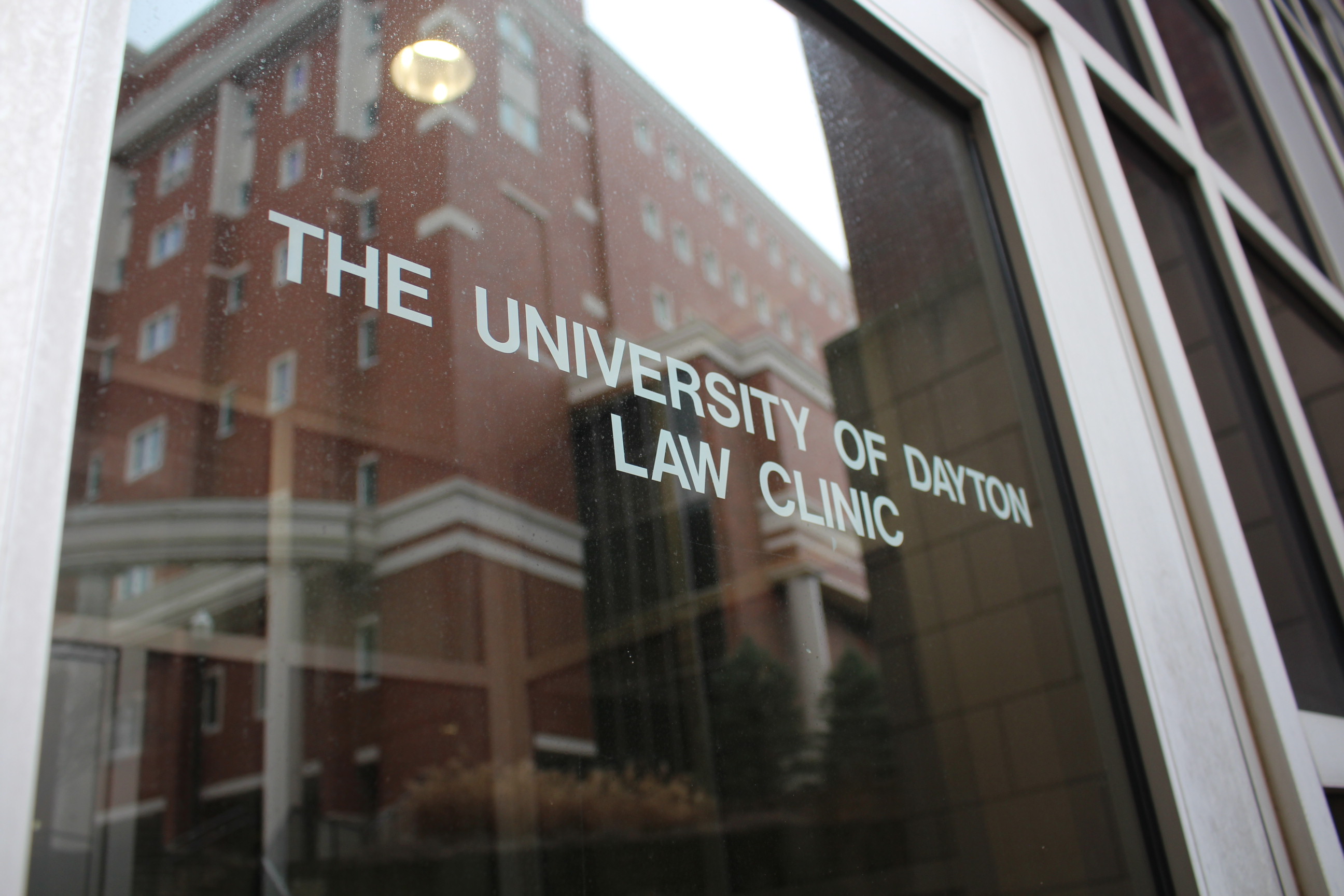Dayton Docket

Court In The Time Of Coronavirus
The settings were the same as they would be if they were on the phone with a friend.
But for two University of Dayton School of Law students, they were about to face questioning much more intense than the typical, “How’s it going?”.
“I started talking and within 20 seconds got inundated with questions,” says 3L Samantha Hughes.
Hughes and 3L Davis Schwartz were the first law students taking part in an oral argument held by phone in the Ohio Second District Court of Appeals. The change was made to help stop the spread of coronavirus.
Rather than appear before a panel of judges, Hughes and Schwartz made their arguments from the comfort of their homes.
“I thought this is so cool,” says Schwartz. “I don’t have to wear a suit.”
Hughes and Schwartz are part of UDSL’s Criminal Law Clinic. The clinic gives students a chance to get first-hand experience working on cases and representing clients.
The fall semester clinic class had written the brief for the case, which involved a client who wanted to withdraw a plea. Hughes and Schwartz’s job was to prepare the oral argument, something they’d been working on since the start of spring semester in January.
But then a few days before their oral argument, they were informed it would be held over the phone rather than in-person.
“It was both a relief and an automatic shock to your system,” Hughes says. “I was excited because you don’t have to be up there. That can be very intimidating.”
But conducting an oral argument by phone has its own share of difficulties.
“When you’re in front of the judges you can see when they’re going to interject and can stop,” Schwartz says. “But you can’t do that on the phone. We made sure to practice via Zoom the night before so we had a feel for it.”
Hughes led off the arguments and Schwartz handled the rebuttal. The two say it took a few moments to get accustomed to the phone format but in the end they felt it went well.
While unexpected, the experience is another example of how UDSL’s clinics prepare students for whatever they’ll face when they become attorneys.
“The student's performed very well and did an excellent job of adapting to the changing environment that we all now live in,” says Professor Thaddeus Hoffmeister, who directs UDSL’s Criminal Law Clinic. “I think courts in the future will be more receptive to resolving disputes either via telephone or online.”
